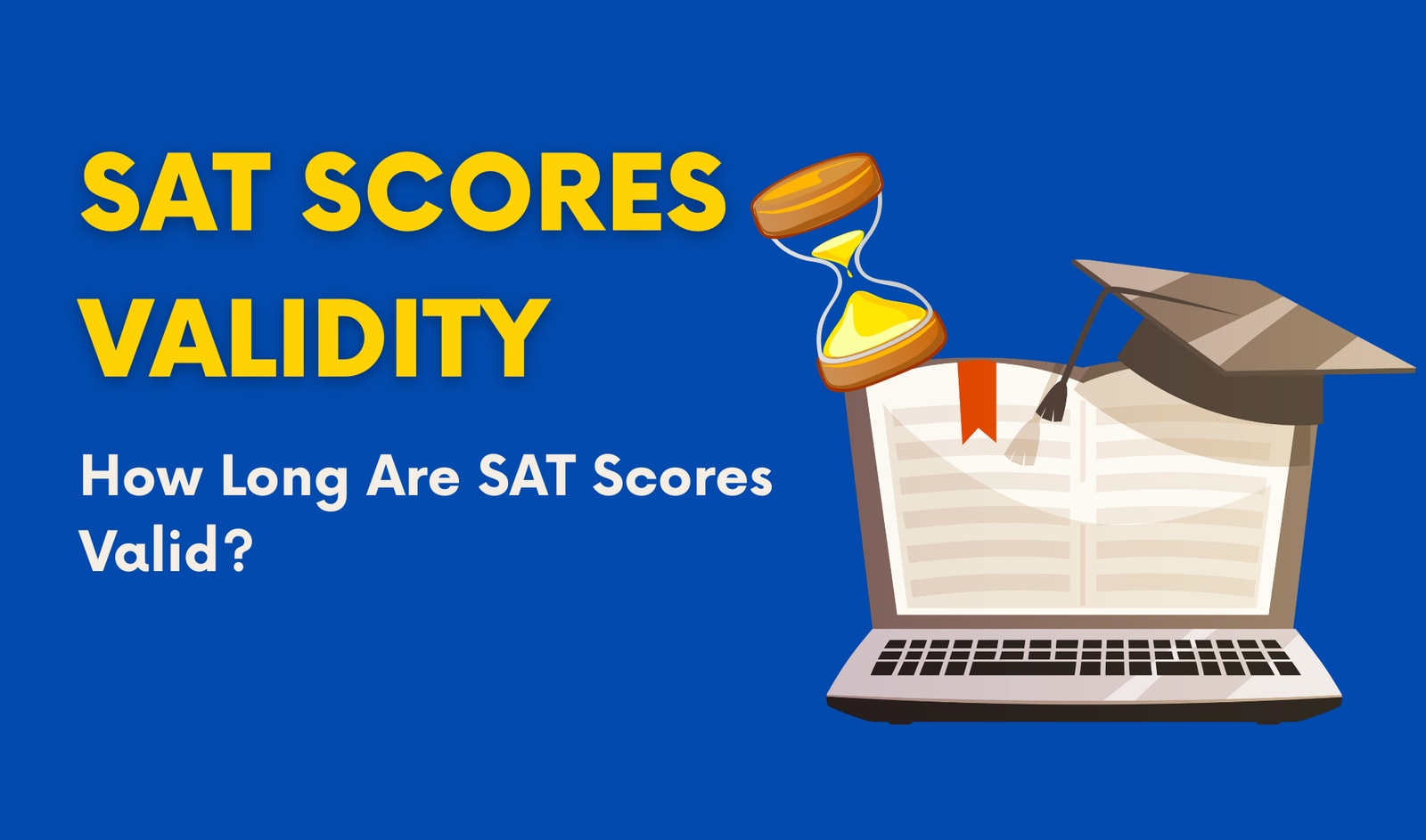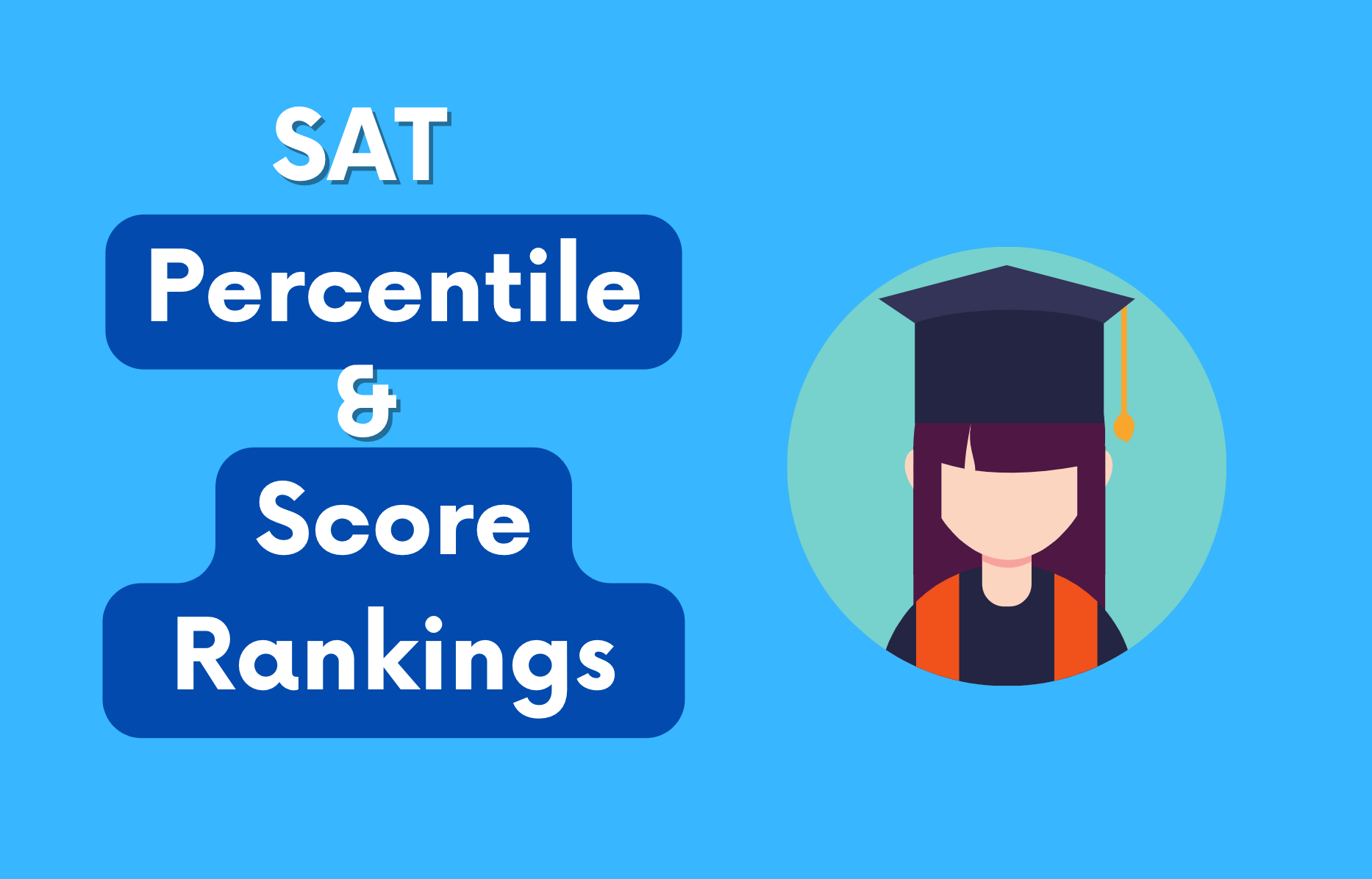
The SAT, officially known as the Scholastic Aptitude Test, has played a pivotal role for decades in the college admissions process across the United States. Whether you’re a high school student planning for college or a parent supporting your child’s journey, questions surrounding SAT score validity are common, especially with recent changes to the test format. In this article, we’ll explore how long SAT scores are considered valid, what universities require, and what you should consider if you’re applying with older scores.
SAT Scores: Do They Expire?
One of the most reassuring facts for students is that SAT scores do not technically expire. Once you’ve taken the SAT, your results remain on your record and can be accessed from the College Board at any point in the future. This means that, in theory, your scores are “good forever.” The College Board allows you to request and send score reports to colleges, even many years after you have taken the exam.
College Requirements: Score Validity Policies
Despite the College Board’s permanent record-keeping, colleges and universities often set their own expiration policies for SAT scores, especially as the test format evolves. Here’s what you need to know:
1. Common Validity Windows
· Many colleges only accept SAT scores from the past 1–5 years.
· Highly selective universities typically prefer scores no older than 1–2 years before your application.
· Less selective colleges are often more lenient, accepting scores up to five years old.
2. Impact of the Digital SAT Change
· In 2024, the SAT transitioned to a fully digital format. Some institutions may require or strongly prefer scores from the new format, especially if your previous scores are from the “old” paper-based version.
· It is essential to research and confirm individual college policies regarding which SAT scores they accept, especially during this transitional period.
3. Documentation and Disclaimers
· When the College Board sends old score reports (more than five years old), they include a disclaimer: “these scores may be less valid predictors of college academic performance than more recent scores.” Colleges may take this into account when reviewing applications.
Applying with Older SAT Scores: Does Age Matter?
Older scores do not inherently look bad, but colleges want to see recent academic engagement. Especially at top-tier schools, admissions officers look for applicants who have demonstrated sustained academic excellence. Here’s what to consider:
· More recent SAT scores tend to carry greater weight, as they better represent your current abilities and knowledge.
· If you’ve taken a gap year or are a nontraditional applicant, check directly with your target colleges to verify whether your scores are within their accepted time frame.
· If your SAT results are nearing the end of their validity window, retaking the SAT may strengthen your application.
Accessing and Sending Old SAT Scores
The College Board archives SAT scores one year after the test date, but you can still retrieve them through the College Board portal or by contacting their customer service. If needed, you can request rush reporting to have your scores sent within one to four business days. Remember, if your scores are very old (five years or more), universities will be notified that your results may not be as predictive as recent scores.
How Many Times Can You Take the SAT?
Students are not limited in the number of times they can sit for the SAT. In fact, it is common for students to take the SAT two or more times, often achieving higher scores with each attempt. Many colleges “superscore,” combining your highest Math and Reading/Writing scores across multiple sittings—a benefit of retaking the test.
Key Takeaways: Making the Most of Your SAT Score
· SAT scores never technically expire, but college policies vary.
· Check each college’s website or contact admissions offices to confirm their SAT score validity window.
· Consider retaking the SAT if your scores are outdated, especially when applying to selective institutions or if you wish to showcase improved academic ability.
· Prepare to retrieve and send old scores well in advance of application deadlines if you’re relying on earlier results.
· Taking the SAT multiple times is allowed and can benefit your application through superscoring.
In conclusion, while your SAT scores are valid indefinitely in the eyes of the College Board, it is crucial to research and adhere to the unique requirements of each college or university. By staying informed and proactive, you can ensure your SAT results give you the best possible chance in your college admissions journey.
Related Posts

Don’t let idioms trip you up! Explore our comprehensive SAT idiom guide to confidently tackle tricky questions and improve your score.

Confused about SAT percentiles? Find out how they impact your college admission chances and how much your score matters.